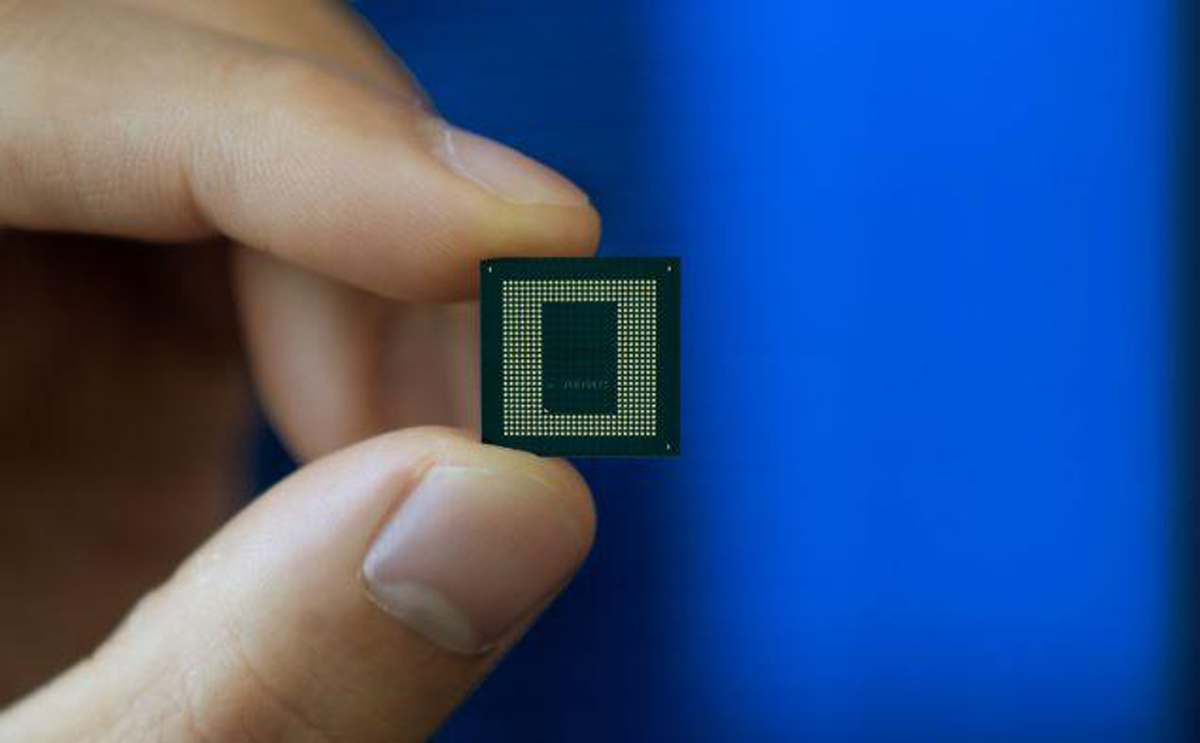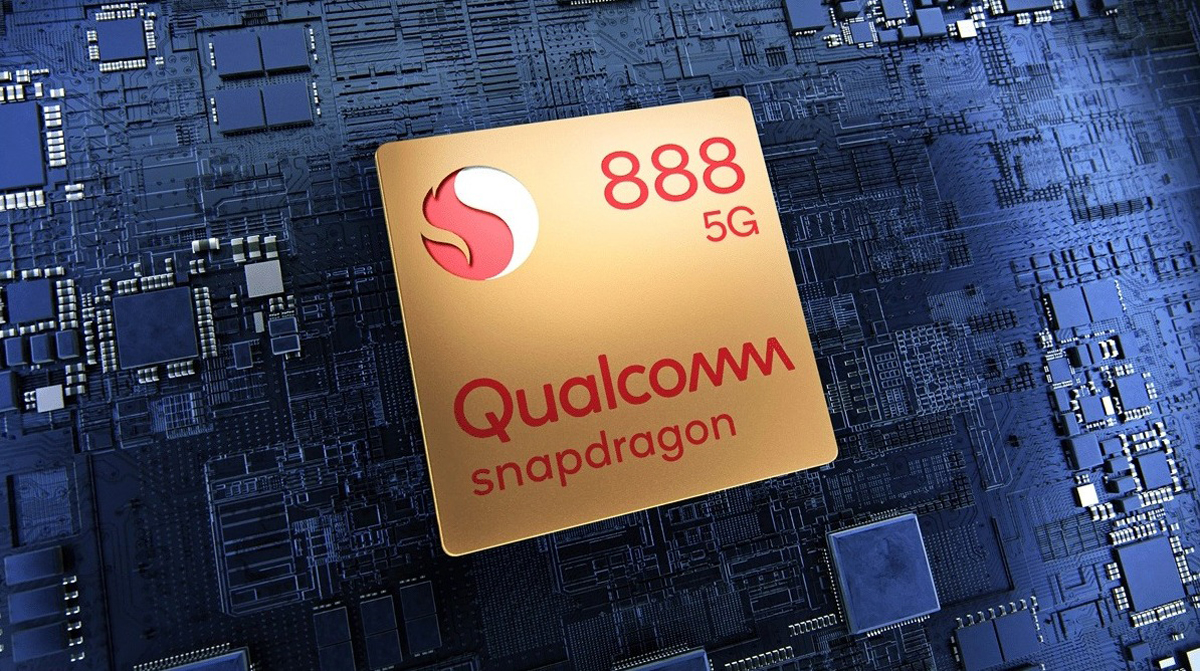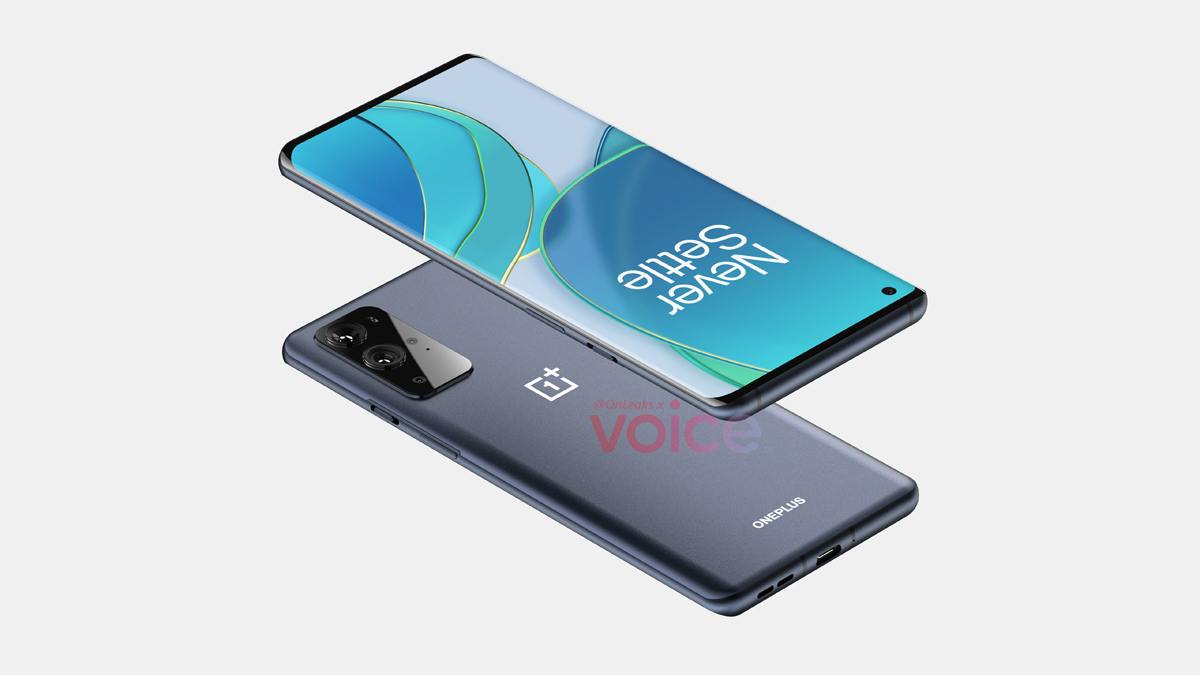Adding to what was previously revealed during its unveiling, the Snapdragon 888 features the Qualcomm Kryo 680 CPU along with ARM’s latest Cortex-X1 core and the company’s own Adreno 660 GPU. The chip manufacturer promises that the new SoC will offer up to 25% higher performance over its predecessor with a maximum clock speed of 2.84GHz. Its GPU would see a 35% leap in graphics acceleration, which Qualcomm claims is the biggest boost for its GPUs yet. Power efficiency is also boosted when compared to the Snapdragon 865, where the new chipset’s CPU boasts a 20% improvement and the Adreno 660 hikes at 25%.
In terms of connectivity, it is already mentioned in our previous report that the Snapdragon 888 is Qualcomm’s first chipset to feature an integrated 5G modem – specifically, the company’s own 5nm X60 modem. This would enable the SoC to achieve better carrier aggregation and download speeds up to 7.5 Gbps. The company adds that WiFi 6 will be included, as well as the new 6GHz WiFi 6E standard. For camera capabilities, the new chipset comes with the new Qualcomm Spectra 580 which features a triple ISP (Image Signal Processor), a first for the company. This allows it to handle various tasks such as capturing three simultaneous 4K HDR video streams, snapping three 28MP photos at once up to 2.7 gigapixels per second, and burst shooting at up to 120 photos at 10MP resolution in a single second. Other improvements include computational HDR to 4K videos, better low-light capture architecture, and photo capture in 10-but colour in HEIF format.
Of course, no SoC upgrade is complete without mentioning its AI-based technicalities. The Snapdragon 888 packs Qualcomm’s new Hexagon 780 AI processor with a sixth generation AI Engine. The company says that the new chipset is able to offer better performances in computational photography, gaming, and voice assistant capabilities. Other improvements include a 26 TOPS (trillion operations per second) boost, better scalar and tensor AI tasks, and a leap in power efficiency. Additionally, the Snapdragon 888 also features the second-generation Qualcomm Sensing Hub, which is a dedicated low-power AI processor for minor hardware-based tasks, including gesture controls, gyroscopic detection and so on. This would enable tasks such as these to rely less on the Hexagon 780 processor when in use, freeing it to manage other processes that take priority. As for upcoming smartphones that will feature the new chipset; so far the ones that have been confirmed include the Xiaomi Mi 11, OPPO Find X3, Realme Race, Nubia Red Magic 6, and OnePlus 9 series. Besides the ones just mentioned, Qualcomm says that a total of 14 OEMs are planning to debut their new devices with the Snapdragon 888 at this time. These include brands such as ASUS, Black Shark, Lenovo, LG, Meizu, Motorola, Sharp, Vivo, and ZTE. While other names such as Samsung, Sony and maybe HONOR are not mentioned, it is very possible that they’ll be added to the list in the near future. It will be some time until we could actually try out the new Qualcomm SoC for ourselves. That said, so far the Xiaomi Mi 11 is probably one of the earliest smartphone models to debut with the chipset onboard. That is, if its rumoured January 2021 launch date proves to be accurate. (Source: Qualcomm [Press announcement])


